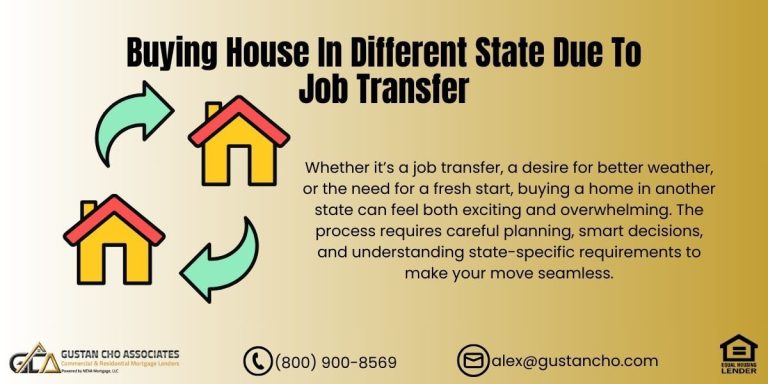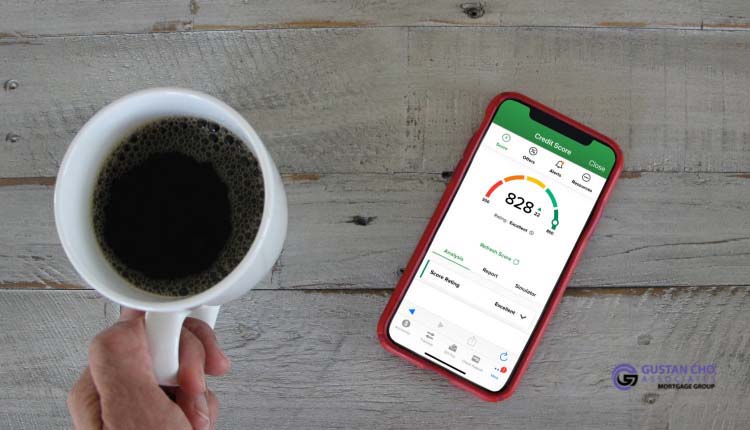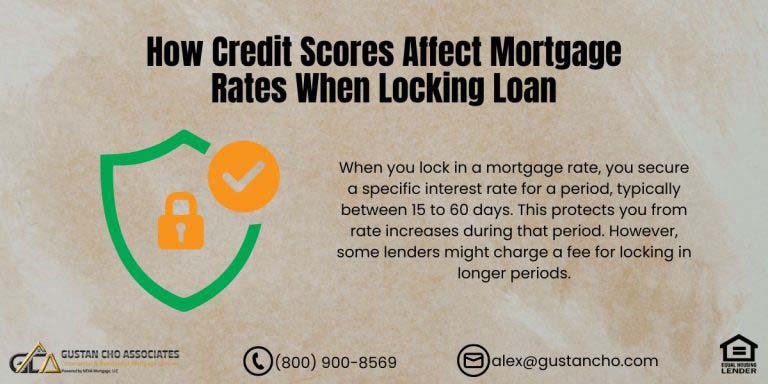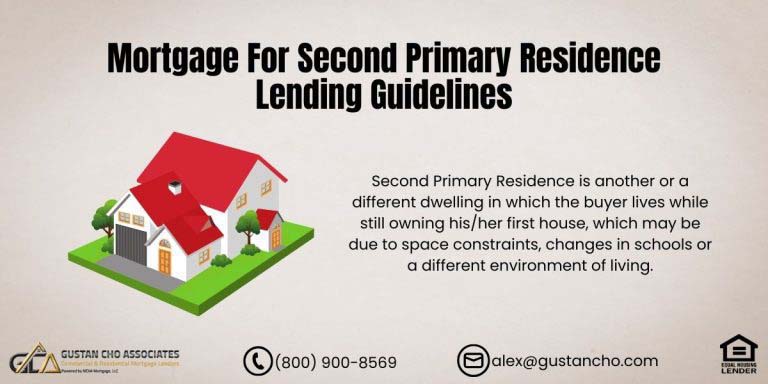Ever wonder why your monthly mortgage payment feels higher than expected? The answer is often hidden in mortgage escrow accounts. Escrows can be confusing for many homebuyers and homeowners—yet they play a huge role in protecting your home and keeping your bills current.
In 2025, rising property taxes and insurance premiums make it more important than ever to understand how mortgage escrow accounts work, when they’re required, and what options you have when buying or refinancing a home.
What Are Mortgage Escrow Accounts?
When you buy or refinance a home, one of the first surprises borrowers face is the mention of mortgage escrow accounts. If you’re wondering what they are, why lenders require them, and how they affect your monthly payment, you’re not alone.
A mortgage escrow account is a dedicated account your lender sets up to collect and pay certain home-related expenses on your behalf. These usually include:
- Property taxes
- Homeowners insurance
- Flood insurance (if required)
- Homeowners association (HOA) dues in some cases
When you pay your mortgage each month, your lender sets aside some of that money into an escrow account instead of having you pay bills like taxes and insurance directly. When it’s time for those bills to be settled, your lender takes care of them for you. This ensures your bills are always paid on time, protecting you and the lender from risk.
At Gustan Cho Associates, we believe knowledge is power. That’s why we break down mortgage escrow accounts in plain language—so you know exactly what to expect when buying or refinancing a home in 2025.
Confused About Escrows? We Make It Simple
Mortgage escrows can affect your monthly payment—learn how they work when buying or refinancing.
Are Mortgage Escrow Accounts Required?
Whether or not you need a mortgage escrow account depends on your loan program and down payment.
FHA, VA, and USDA Loans
Maintaining escrows is mandatory for FHA, VA, and USDA loans throughout the loan duration. Borrowers cannot waive this requirement even if they make a down payment of 20% or more. This regulation ensures that government-backed loans remain up to date with property taxes and insurance payments.
Conventional Loans
Conventional loans have specific guidelines regarding down payments and escrow accounts. When a borrower puts down less than 20%, escrow accounts are mandatory. Conversely, if a borrower puts down 20% or more, they have the option to request the waiver of escrow accounts, allowing them to manage their own tax and insurance payments. However, many borrowers still choose to maintain escrow accounts for the sake of convenience.
Jumbo and Non-QM Loans
When it comes to Jumbo and Non-QM loans, it’s important to note that rules can differ significantly between lenders. Some may mandate the establishment of escrow accounts regardless of the down payment size. However, at Gustan Cho Associates, we collaborate with investors who may offer the possibility of waiving escrow requirements, contingent upon the borrower’s creditworthiness and equity position.
Key takeaway: If you use an FHA, VA, or USDA loan, you must have a mortgage escrow account. If you’re going conventional with strong equity, you may have options.
How Mortgage Escrow Accounts Work in 2025
When you close a purchase or refinance, your lender collects a few months of property taxes and insurance upfront. This “escrow cushion” ensures enough money is in the account when bills come due.
Your total monthly mortgage payment after closing usually includes four parts—known as PITI:
- Principal – The principal is the money you borrow from the lender to purchase your home. Each monthly payment reduces this amount, gradually decreasing your overall loan balance and building your equity in the property.
- Interest –Interest refers to the cost that a lender imposes for the act of borrowing funds, usually determined as a percentage of the total loan sum. This cost is part of your monthly mortgage bill and can affect how much you pay in total over the life of the loan.
- Taxes – Property taxes are assessed by local governments and are typically based on the value of your home. These taxes are included in your monthly payment. They are collected in advance, placed into an escrow account, and paid annually or semi-annually to the appropriate taxing authority.
- Insurance – Homeowners insurance is all about keeping your place safe from damage and any responsibilities that might come up. It helps cover the costs if anything happens—like a fire, a burglary, or a natural disaster. Like taxes, your insurance payments are spread out into monthly chunks and put into your escrow account. This way, you stay protected all year long.
The lender deposits the taxes and insurance portion into the mortgage escrow accounts every month. When bills arrive, they are paid directly from escrow—saving you the hassle of due dates.
Why Did My Escrow Payment Go Up in 2025?
One of the most common borrower frustrations is seeing a monthly payment increase because of mortgage escrow accounts.
Here’s why it happens:
- Rising property taxes. Counties reassess home values, and tax bills increase.
- Higher insurance premiums. In 2025, insurance costs are up sharply in states hit by natural disasters like Florida, Texas, and California.
- New coverage requirements. Flood zones and wildfire zones may require extra coverage.
Your lender performs an escrow analysis every year. If your taxes or insurance went up, they’ll adjust your payment to ensure enough money is collected.
Important: This is not the lender profiting from you—it’s simply making sure mortgage escrow accounts have enough funds to pay your bills.
Buying or Refinancing? Know How Escrows Impact Your Loan
From property taxes to insurance, escrows play a key role in your mortgage.
Escrow Shortages and Overages Explained
Two key terms every homeowner should know:
Escrow Shortage
An escrow shortage occurs when there isn’t sufficient money in your escrow account to pay bills, which can happen due to factors like tax increases, rising insurance costs, or miscalculations. In such cases, your lender may request a one-time payment to cover the deficit, or they might choose to address the shortage by increasing your monthly payments over a period of 12 months.
Escrow Overage
When you’ve paid more into your escrow account than necessary, this situation is called an escrow overage. In such cases, your lender has a couple of options: they can refund you the excess amount or apply that credit to your future payments.
At Gustan Cho Associates, we walk our clients through escrow statements line by line to ensure no surprises.
Can You Cancel Mortgage Escrow Accounts Later?
The answer is no for FHA, VA, and USDA loans. Escrows are required for the life of the loan.
For conventional loans, you can request an escrow waiver once you achieve 20% equity in your property. To do so, you should have a good payment history and submit a written request. Additionally, there may be a small fee associated with the escrow waiver.
Some lenders resist waivers, but at Gustan Cho Associates, we work to find investor options that fit your needs.
Pros and Cons of Mortgage Escrow Accounts
Pros:
- No surprise tax or insurance bills
- Easier budgeting with one monthly payment
- Reduced risk of late fees or lapsed coverage
- Required for many government-backed loans
Cons:
- Higher monthly payment compared to principal + interest alone
- Less control over the timing of tax and insurance payments
- Can’t cancel easily on FHA, VA, or USDA loans
- Escrow shortages can increase payments suddenly
Escrow at Closing: What to Expect
When closing on a purchase or refinance in 2025, lenders typically collect:
- One year of homeowners’ insurance upfront
- Two to three months of extra premiums (to build escrow cushion)
- Four to six months of property taxes, depending on local due dates
These funds seed your mortgage escrow accounts so your first tax and insurance bills are covered without issue.
Special 2025 Considerations for Mortgage Escrow Accounts
The year 2025 brings unique challenges affecting escrows:
- Inflation and rising costs. In 2025, soaring inflation rates have prompted many counties to raise property taxes to address budget shortfalls. Homeowners may find their escrow accounts increasingly strained as they adjust to these unexpected financial burdens.
- Natural disasters. Natural disasters like hurricanes, floods, and wildfires are happening more often and getting worse, so insurance rates have really shot up. Homeowners must be vigilant, as the rising costs may impact their escrow payments, further complicating their financial planning.
- Lender-placed insurance. Borrowers who allow their insurance policies to lapse may face the imposition of lender-placed insurance, which often comes with high premiums added to their escrow accounts. To prevent unexpected financial strain, it’s crucial for homeowners to maintain continuous coverage on their properties.
Borrowers in disaster-prone states should budget for possible escrow increases. At Gustan Cho Associates, we prepare clients ahead of time so they’re not blindsided by rising escrow bills.
Do All Lenders Handle Escrows the Same?
Not always. Each lender can have different rules on:
- Timing of escrow analysis
- Waiver eligibility on conventional loans
- Fees for escrow waivers
At Gustan Cho Associates, we operate with no overlays and transparent guidance. That means we follow agency guidelines and help borrowers understand their mortgage escrow accounts without extra roadblocks.
Mortgage Escrow Accounts vs Paying on Your Own
Some borrowers prefer to pay taxes and insurance directly. Here’s a comparison:
Escrow Account Option
This option helps borrowers make things easier by rolling their taxes and insurance into one monthly payment with their mortgage. It’s great to see that these important bills get taken care of automatically, so you don’t have to stress about missing due dates or dealing with any penalties.
Pay on Your Own
Choosing to pay taxes and insurance independently gives borrowers greater control over their finances, allowing them to manage and allocate funds according to their personal budgeting strategies. However, this method requires high discipline and effective savings habits to ensure that payments are made consistently and on time.
If you’re considering waiving escrow, ask yourself: Am I comfortable saving thousands of dollars yearly and paying large lump sums? If not, mortgage escrow accounts may be the safer route.
Final Thoughts: Should You Choose Mortgage Escrow Accounts?
For most borrowers, mortgage escrow accounts are the best choice. They make homeownership easier by ensuring taxes and insurance are always paid. While you may lose some control, you gain peace of mind.
At Gustan Cho Associates, we guide borrowers through every detail of the mortgage process—including escrows. Whether you’re purchasing your first home or refinancing in 2025, we’ll explain how escrows impact your monthly payment, your closing costs, and your long-term financial plan.
Call us at 800-900-8569, text us for faster service, or email us at alex@gustancho.com. Our loan officers are available evenings, weekends, and holidays. Let us show you how simple it can be to get approved for a mortgage—with no lender overlays, competitive rates, and full support through closing.
Know What’s in Your Monthly Payment
Escrow accounts can be confusing—we break it down for you in plain language.
Frequently Asked Questions About Mortgage Escrow Accounts:
Q: What is a Mortgage Escrow Account?
A: A dedicated account established by your lender to gather and disburse property taxes and insurance for you.
Q: Do I Have to Have a Mortgage Escrow Account?
A: Yes, if you have FHA, VA, or USDA loans. Conventional borrowers with 20% down may have the option to waive it.
Q: Can I Cancel Escrow Later?
A: Only on conventional loans with 20% equity and good payment history. FHA, VA, and USDA escrows are permanent.
Q: Why Did My Payment Go Up?
A: Because taxes or insurance increased. Escrow adjusts to cover the new costs.
Q: What is an Escrow Shortage?
A: When there isn’t enough money to pay your bills. Your lender may raise your payment or request a lump sum.
Q: What is an Escrow Overage?
A: When you paid too much. Lenders may issue a refund or apply it to future payments.
Q: What Does the Lender Collect at Closing?
A: One year of homeowners’ insurance plus several months of taxes and insurance as a cushion.
Q: Do All Lenders Treat Escrow the Same?
A: No. Each lender has its own policies. Gustan Cho Associates offers flexible options without overlays.
Q: Should I Keep My Escrow Account?
A: Yes, if you like simplicity and predictable budgeting. If you’re disciplined with savings, you may prefer to waive it (if allowed).
Q: How do Escrow Accounts Affect Refinancing?
A: When you refinance, your old escrow balance is refunded, and a new account is set up at closing. This can add to closing costs but ensures continuity.
This blog about “Mortgage Escrows Guidelines on Purchase and Refinance” was updated on September 11th, 2025.
Don’t Be Surprised at the Closing Table
Escrow accounts cover your taxes and insurance—know exactly what you’re paying and why.










